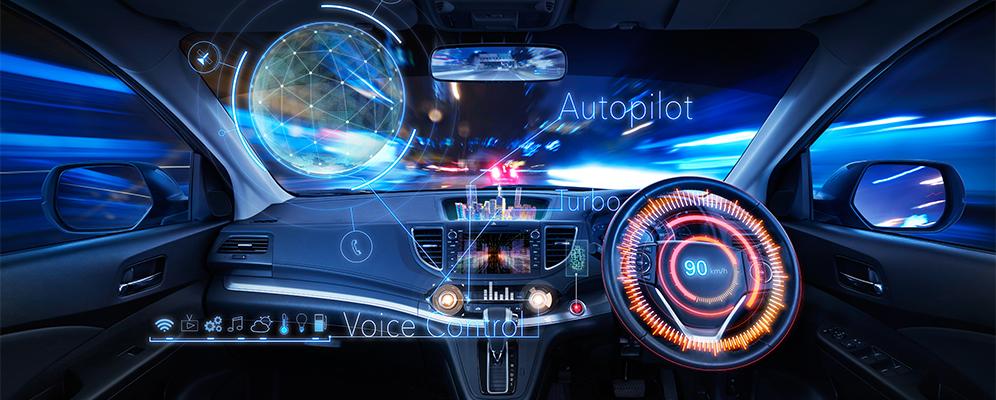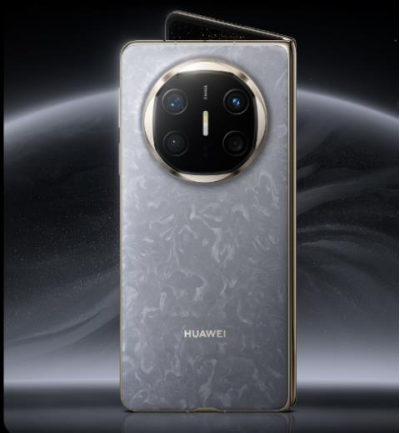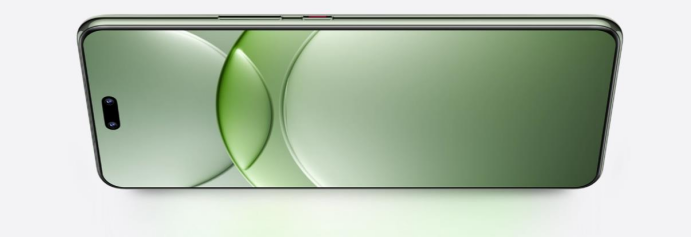The Renault-Nissan-Mitsubishi Alliance has announced its roadmap through 2030, and one thing it will focus on in its upcoming vehicles to be sold worldwide is connectivity. The three automakers will develop and share technology with two areas of focus: pure electric vehicles and connected mobility.
“We’re at a precise milestone in sustainability, electrification and connected mobility,” Jean-Dominique Senard, chairman of the Alliance, said during a digital conference held Thursday (Jan. 27).
The technology that is to be developed and shared includes a common centralized electrical and electronic architecture, including electronics hardware and software applications. They three automakers also share a cloud system dubbed the Alliance Cloud.
Adopting Smart Connectivity
In addition, the Alliance reports that it will be the first global, mass market original equipment manufacturer (OEM) to equip its cars with the Google ecosystem.
“With greater adoption of smart connectivity features in our cars, customers can enjoy an integrated, personalized space connected to the world for a smooth on- and off-board experience,” Makoto Uchida, president and CEO at Nissan Motor Corp., said during the digital conference.
The Alliance will also enhance its over-the-air software update capabilities, enabling it to improve its cars throughout their life cycle. It adds that this will boost the resale value of the vehicle and offer vehicle owners a personalized experience; new, enhanced services, and reduced maintenance costs.
“The onboard computing capacity will be designed so as to cover the entire life cycle of the car — it will make our cars future ready,” Luca de Meo, CEO at Renault Group, said during the digital conference. “But the cornerstone of this transformation is the software platform design. At the end of the day, unbundling software from hardware is what allows the car to get better every day. When you buy an Alliance car, you’ll be getting your next cars at the same time.”
Deploying Software-Defined Vehicles
There are 3 million vehicles on the road worldwide today connected to the Alliance Cloud, and the automakers aim to have 25 million vehicles connected by 2026. By then, they also expect to be selling another 5 million connected vehicles per year.

“On top of that, software-defined vehicles will be able to communicate with connected objects, users and the infrastructure,” de Meo said. “They will remain linked to our aftersales and service system throughout their life cycle.”
The Alliance is not alone in pursuing a business model focused on software-defined vehicles and connected services. General Motors, Ford and Stellantis too have outlined plans that will transition them from being manufacturers of mechanical products that are sold once to also being suppliers of software that is sold on a recurring basis.
See also: Car OEMs Use Subscription Services to Boost Resale Value, Drive Personalization
Several automakers are already offering existing owners of their cars software updates that are delivered over the air, so that they can enhance their vehicles at any time, without having to go to the dealer to have it done.
In recent examples of this, Polestar delivered a web browser for its vehicles, BMW added several new functions and Jeep released a video showing concept features that could be enabled by over-the-air updates.
Read more: Software Updates Extend Automakers’ Relationships With Owners of Connected Cars
——————————
NEW PYMNTS DATA: 70% OF BNPL USERS WOULD USE BANK INSTALLMENT OPTIONS, IF AVAILABLE
About: Seventy percent of BNPL users say they’d rather use installment plans offered by their banks — if only they were made available. PYMNTS’ Banking On Buy Now, Pay Later: Installment Payments And FIs’ Untapped Opportunity, surveyed more than 2,200 U.S. consumers to better understand how consumers view banks as BNPL providers in a sea of BNPL pure-plays.




